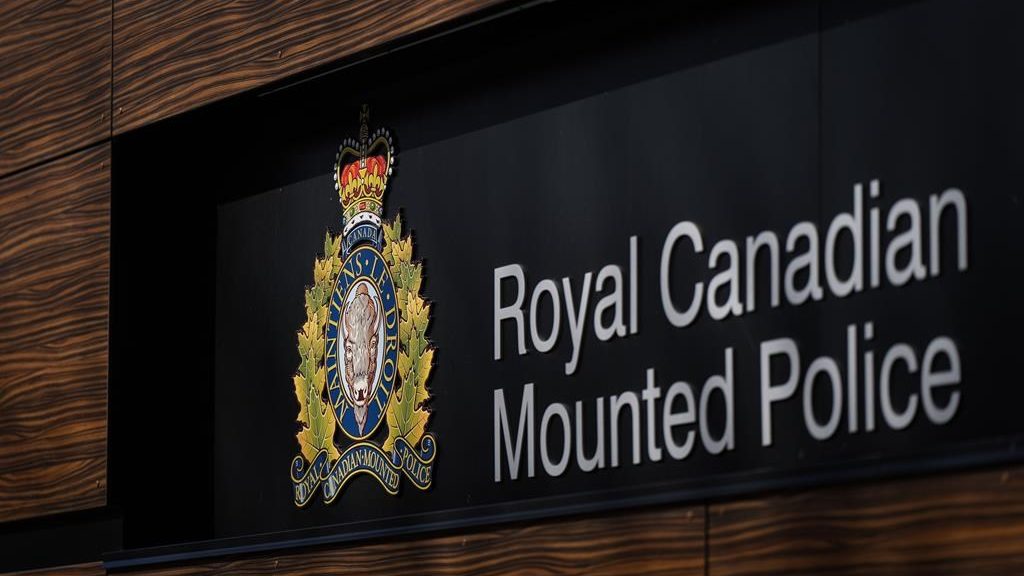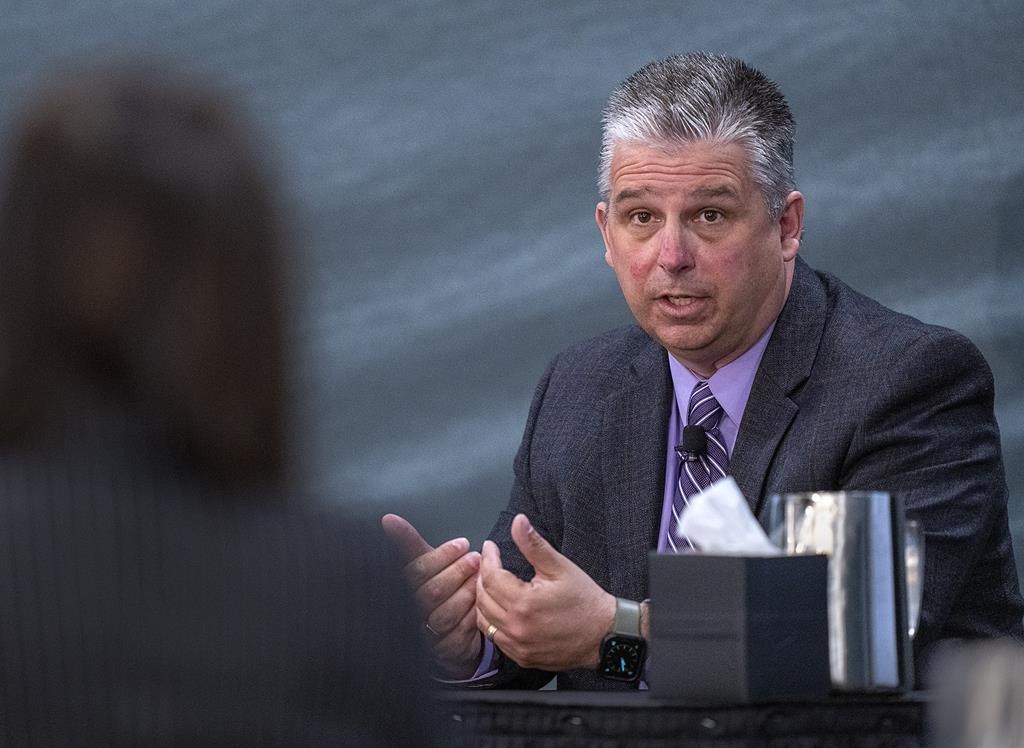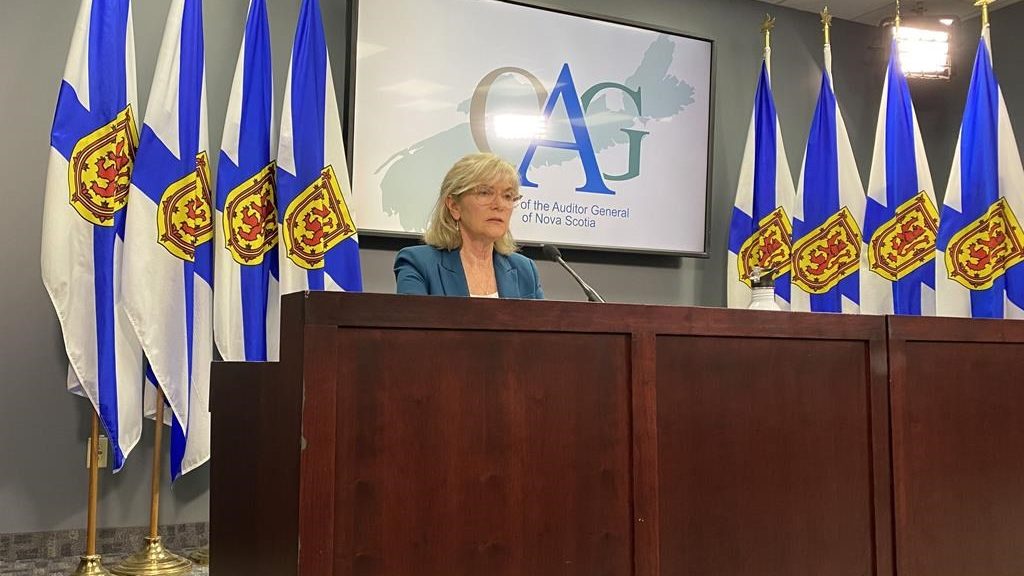Governor General dissolves Parliament, Canadians to head to polls in May 2 election
Posted Mar 26, 2011 09:24:44 AM.
This article is more than 5 years old.
Gov. Gen. David Johnston officially dissolved parliament Saturday morning, toppling Prime Minister Stephen Harper’s Conservative government in a historic move that will send Canadians to the polls on May 2, for the fourth time in seven years.
Harper met with Johnston to declare that Parliament had lost confidence in his government, and requested Johnston dissolve Canada’s 40th Parliament and call for the early May election.
He’s making the trip because of a historic vote in the House of Commons Friday.
MPs voted 156-145 in favour of a Liberal motion expressing non-confidence and citing the Harper government for contempt of Parliament, a first for a national government anywhere in the Commonwealth.
Harper accused the opposition of forcing an election Canadians don’t want, and defended this week’s federal budget as a responsible plan to help a fragile economy.
“Let me assure you that our priority will remain to ensure stability and security for Canadians in what remain extremely challenging global circumstances,” Harper said Friday after leaving the House of Commons.
Growing talk had indicated a possible coalition between the Liberals and the New Democratic Party, which could also include the support of the Bloc Québécois. Experts considered such a coaltion the only serious opposition to a Conservative victory.
However, Liberal Leader Michael Ignatieff has ruled out forming any coalition in next Parliament according to the Canadian Press.
Harper told Canadians the looming election and rising opposition “coalition” is a danger to both the economy and the country.
Liberal Leader Michael Ignatieff countered that there can be no more profound cause for an election than the protection of democracy.
“There are only two alternatives here,” Ignatieff said Friday. “More of this disrespect for democracy, more of this contempt for the Canadian people, or a compassionate, responsible Liberal government.”
He said Liberals will fan out across the country “to present a message of hope instead of a message of fear, a message of unity instead of a message of division, a message of principle instead of the constant politics of personal destruction.”
The unofficial campaign began almost immediately after the Conservative government fell, with party leaders quickly appealing to voters to choose a position.
Voters will have about five weeks to sort through the rhetoric before the May election.
Harper is expected to campaign on the budget, which was laden with tightly targeted tax credits and riding-specific goodies, while simultaneously accusing his opponents of plotting to subvert the democratic will of the electorate, should the Conservatives fail to add 12 Tory seats and win their coveted majority.
The opposition parties wasted no time pounding home their campaign message, slamming the prime minister as a secretive leader who abuses power and leads a government plagued by scandal.
In the past month, the Conservative party and four of its top officials have been charged with election overspending and two RCMP investigations have been launched against former political staffers.
NDP Leader Jack Layton was still imploring the government to rewrite its budget as late as Friday morning’s final question period in the House.
“They’re just plain stubborn,” said Layton. “Why are Conservatives intent on provoking an election?”
Prospective voters have been bombarded with $26 million worth of feel-good Economic Action Plan ads over the past 11 weeks and bureaucrats were directed late last year to start using the “Harper Government” in place of Government of Canada on departmental news releases.
Taxpayer-funded ads from the Finance Department warned of the “fragile” nature of the economic recovery — a buzzword now on the lips of every Conservative candidate.










